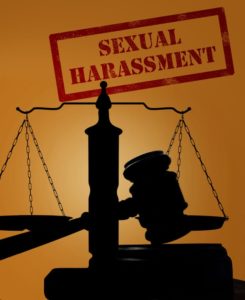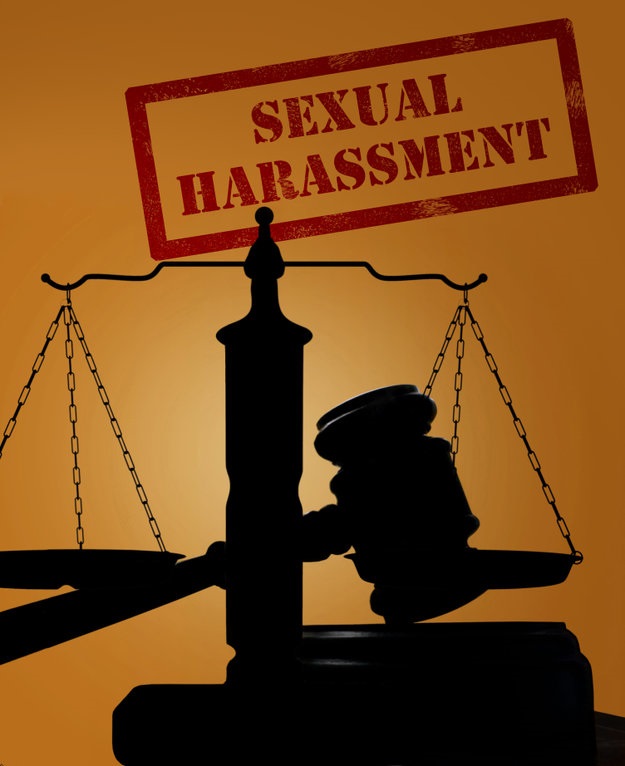A new law now makes it illegal for an employer to force workers subjected to sexual harassment or sexual assault in the workplace to arbitrate their claims. On March 3, 2022, President Biden signed into law The Ending Forced Arbitration of Sexual Assault and Sexual Harassment Act. The law’s purpose is to prevent employers from silencing victims of sexual harassment or assault by forcing arbitration, in which the case is not typically available to the public.
 What is Arbitration?
What is Arbitration?
Arbitration is a private, confidential dispute resolution process where parties use an impartial neutral individual or panel of neutral individuals referred to arbitrators, to hear the case and ultimately decide who wins and award damages where appropriate. It is often used by employers to prevent workers from openly pursuing their legal claims in the public court system. There is no jury, limited rights to discovery, including depositions, and limited appeal rights. In addition, the arbitration procedures often are more relaxed than a typical court setting.
Although a sexual harassment or sexual assault victim cannot be forced to pursue arbitration under the new law, there still remain procedural conditions that such employees must first exhaust before they get their day in court.
- For example, under Title VII of the Civil Rights Act of 1964, the federal law that prohibits sexual harassment in the workplace for employers of 15 or more employees, an “aggrieved person” must first file a charge of discrimination with the U.S. Equal Employment Opportunity Commission within 300 days of when the employee knew or should have known of the harassment.
- Similarly, under Florida’s workplace harassment law, a charge must be filed with the Florida Commission on Human Relations within 365 days of when the employee knew or should have known of the harassment.
- The EEOC and/or FCHR will investigate the claims and ultimately make a finding—depending on the outcome of the investigation—allowing the employee to then pursue the sexual harassment claims further.
In some instances, even before filing a charge of discrimination with the EEOC and/or FCHR, it is important that an employee follow any internal procedures of the employer to report the harassment in the workplace.
Navigating sexual harassment in the workplace can be difficult and of a sensitive nature. If you have been sexually harassed, you owe it to yourself to talk with experienced employment attorneys to evaluate your claims, understand your rights and take action to stop the harassment.

